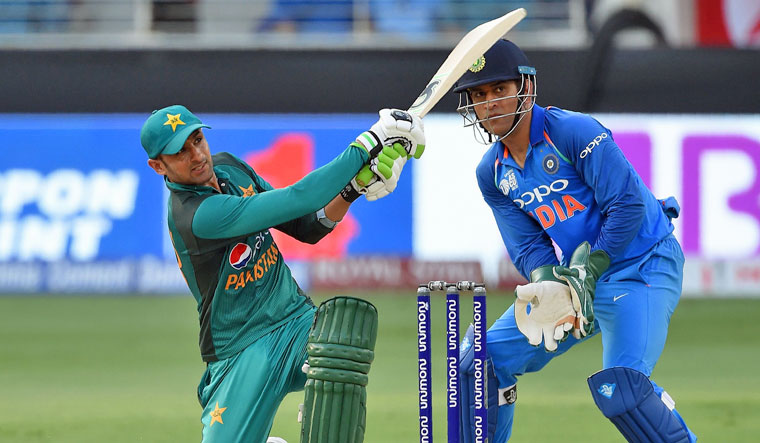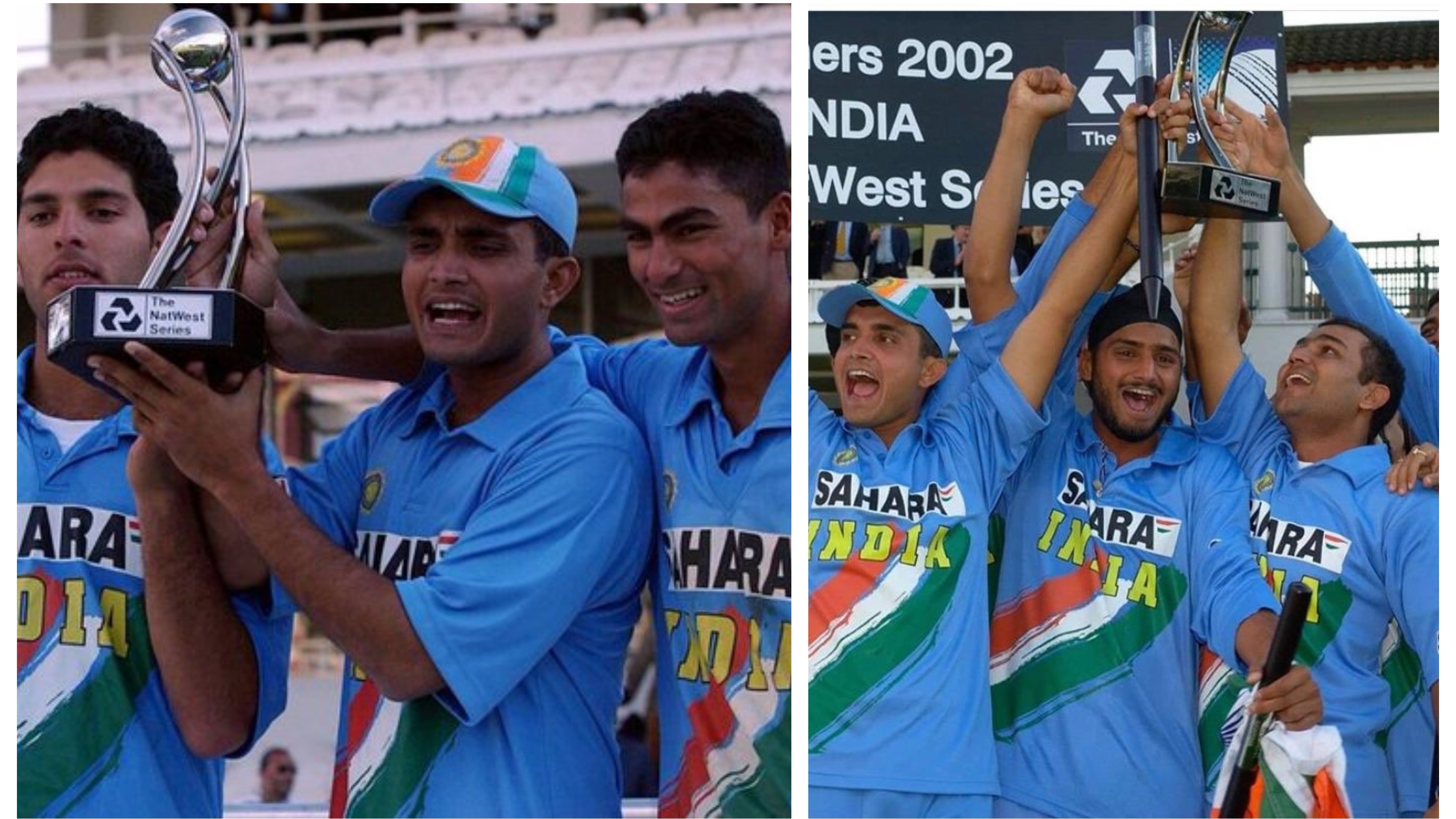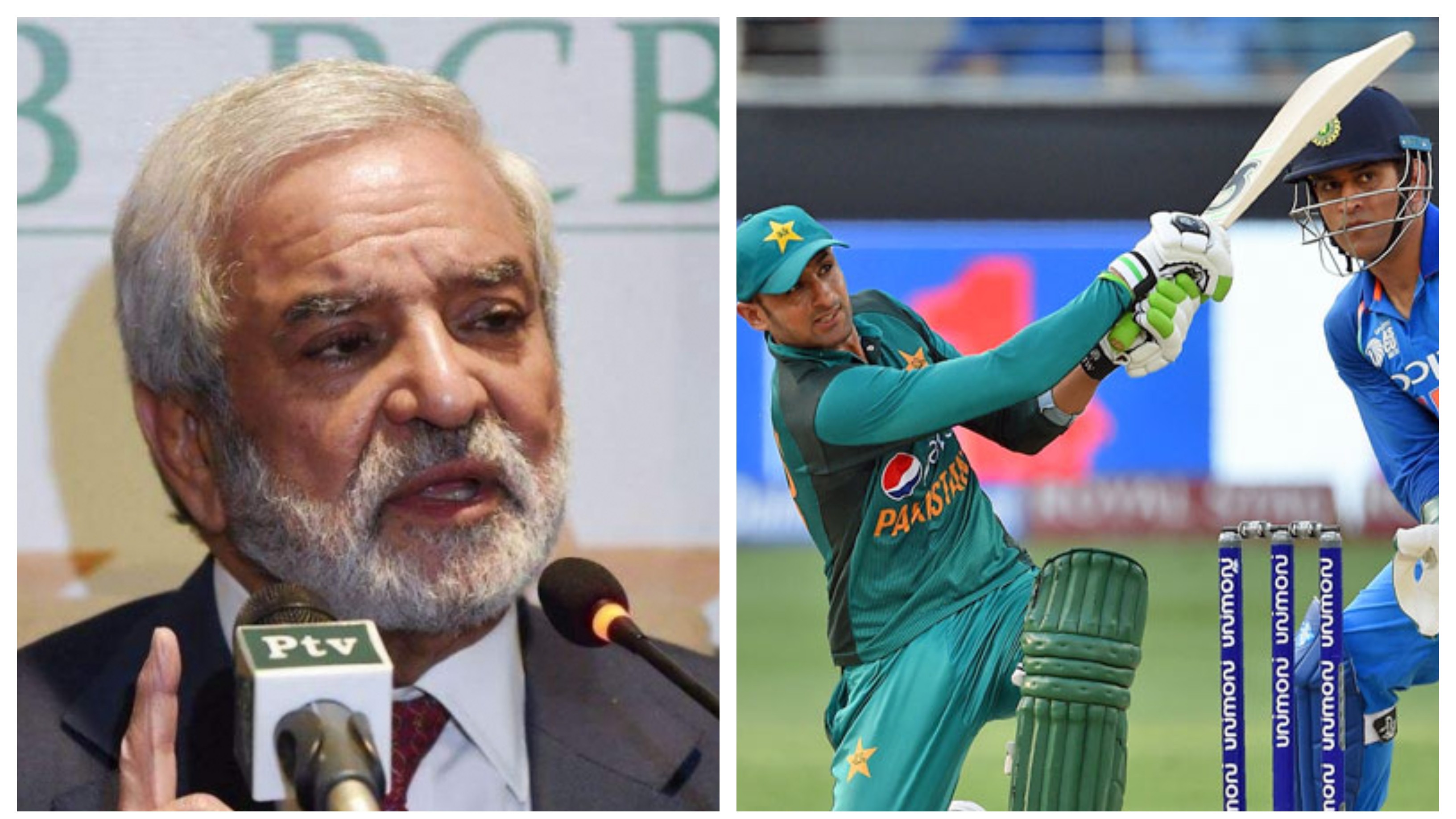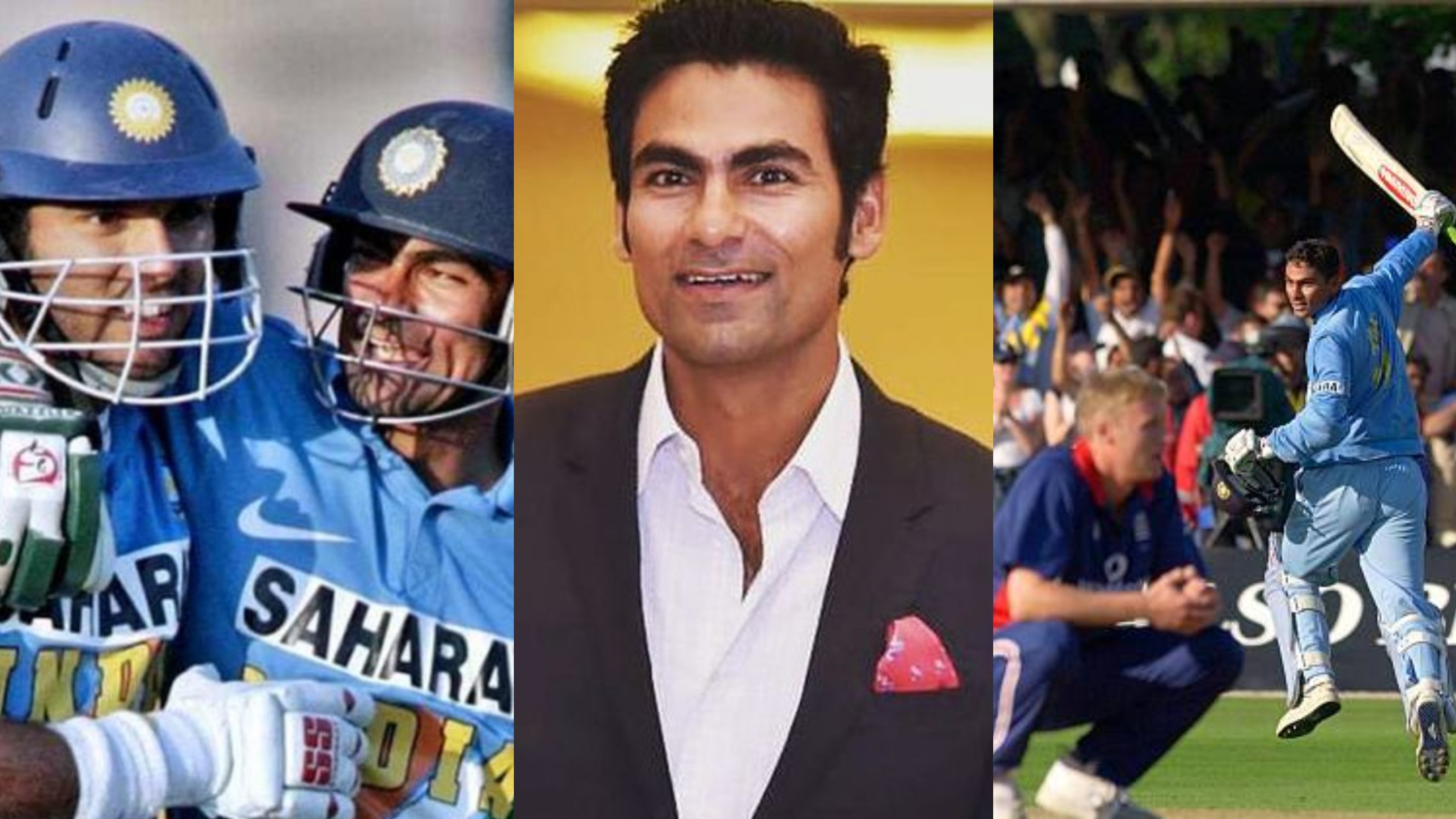 Pakistan Cricket Board (PCB) chairman Ehsan Mani played down the threat of COVID-19 pandemic inadvertently rolling back the 'Big 3' regime in international cricket where India, Australia and England focus on their own priorities and the other nations adjust accordingly.
Pakistan Cricket Board (PCB) chairman Ehsan Mani played down the threat of COVID-19 pandemic inadvertently rolling back the 'Big 3' regime in international cricket where India, Australia and England focus on their own priorities and the other nations adjust accordingly.
It is feared that the financial impact of the extended lockdown that the world has been in will be seen in cricket via the rejigged fixture-list, with the three financially powerful players flexing their muscles to get things their way instead of keeping the interest of world cricket at heart.
"PCB has no issues with BCCI (Indian board)," Mani told Cricbuzz in an interview. "I do not have a fear that some countries will put their interests ahead of what is good for the game as a whole. We all owe a duty of care to the global game and the well-being of world cricket and not put our short term interests before it."
In such circumstances, the election of the right individual to become the next ICC chairman is all that more important. "A good leader will bring countries together and act in the best interest of all the Full and Associate ICC Members," reiterated Mani. "Shashank Manohar (previous chairman) was excellent and provided the leadership ICC needed at a difficult time. I hope that the next chairperson will do the same."
India's contentious political relationship with Pakistan and what that means to the two countries' cricketing bodies has been much talked about. But Mani said the PCB has now gotten used to India not playing Pakistan bilaterally and that has reflected in the way board's planning around the FTP is done.
"Pakistan-India matches are the most-watched cricket matches in the world. However, apart from ICC and ACC events, we do not play against each other due to the policy of the Indian Government. It is good for the health of global cricket that we play against each other, however, in our planning we do not take into account any bilateral series against India."
PCB's biggest challenge in the last decade has been to overcome financial dependence on India, a quest in which bringing the international game back to Pakistan is its biggest achievement.
The country couldn't host any international cricket for about six years after the Lahore terrorist incident in 2009 when a Sri Lankan team bus was targetted.
However, in 2015, the PCB got Zimbabwe to agree for a limited-overs visit and hosted more white-ball cricket thereafter, with great efforts made in boosting the nation's security arrangements for cricket.
The most important success came last season, which saw Pakistan host Test matches after a decade and also conduct the entire PSL 2020 in its homeland.
"Pakistan played its international home series at neutral venues (mainly UAE) for 10 years. Getting international cricket back in Pakistan has been a top priority. Playing in virtually empty stadiums in neutral venues without fan support has been very tough for our players," said Mani.
"Our default position now is that we will play all our home series in Pakistan. In the past nine months, we have hosted Sri Lanka, Bangladesh and the MCC in Pakistan. We have hosted directors and/or chief executives from England, Australia, Ireland, Bangladesh and Sri Lanka in the past nine months as well as the Chief Executive of the ICC and some other ICC board members," he concluded.



